The Spread of Independence
History
anti-semitic
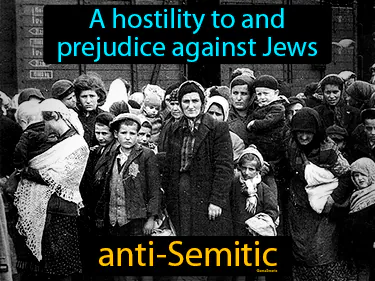
A hostility to and prejudice against Jews. Anti-semitic. Anti-semitism is the discrimination against or hatred of Jewish people, historically leading to events like the Holocaust.
Anwar Sadat
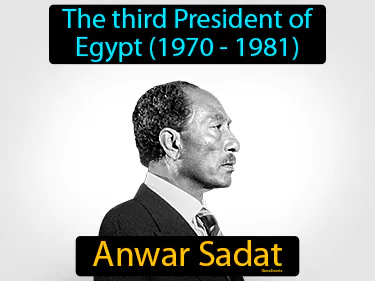
The third President of Egypt 1970 - 1981. Anwar Sadat. Anwar Sadat was an Egyptian leader known for making peace with Israel and winning the Nobel Peace Prize.
boycott
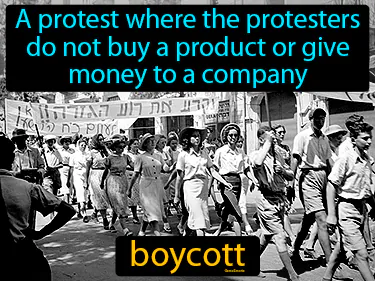
A protest where the protesters do not buy a product or give money to a company. Boycott. In History, a boycott is when people stop buying from or supporting a business to protest against its practices or policies.
civil disobedience
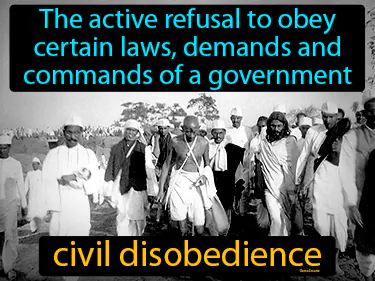
The active refusal to obey certain laws, demands and commands of a government. Civil disobedience. In History, civil disobedience is when people peacefully protest unfair laws to bring about change.
Corazon Aquino
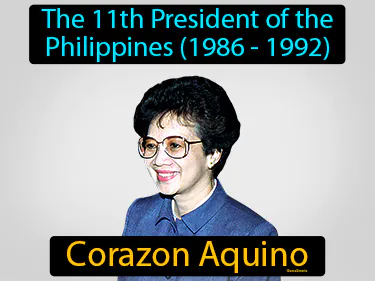
The 11th President of the Philippines 1986 - 1992. Corazon Aquino. She was the first female president in the Philippines and led the countrys transition from dictatorship to democracy.
dominion
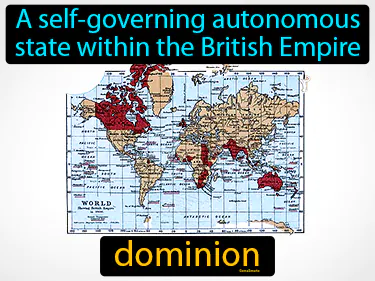
A self-governing autonomous state within the British Empire. Dominion. A dominion was a semi-independent polity that was part of the British Empire, like Canada or Australia in the early 20th century.
Ferdinand Marcos
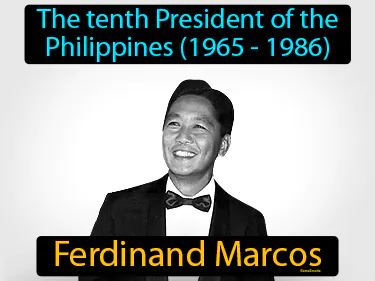
The tenth President of the Philippines 1965 - 1986, Ferdinand Marcos. He was a leader known for declaring martial law and ruling as a dictator for two decades.
Gamal Abdel Nasser
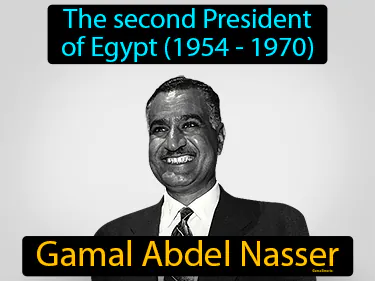
The second President of Egypt 1954 - 1970, Gamal Abdel Nasser. He was a leader who promoted Arab unity and played a vital role in the Suez Crisis.
Golda Meir
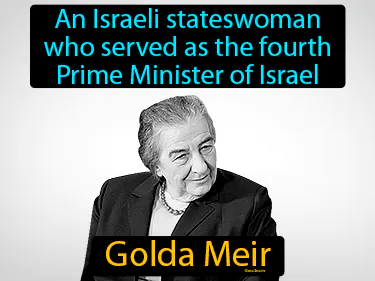
An Israeli stateswoman who served as the fourth Prime Minister of Israel. Golda Meir. Golda Meir was one of Israel's founding leaders and its first and only female prime minister.
Green Revolution

A set of research technology transfer that increased agricultural production worldwide. Green Revolution. The Green Revolution was a period in the mid-20th century when new farming technologies and high-yield crops dramatically boosted food production globally.
Ho Chi Minh
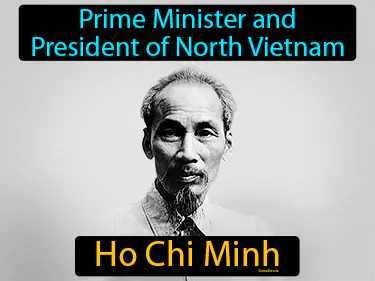
Prime Minister and President of North Vietnam, Ho Chi Minh. He was a key leader in the struggle for Vietnamese independence and the founding of communist North Vietnam.
impeachment
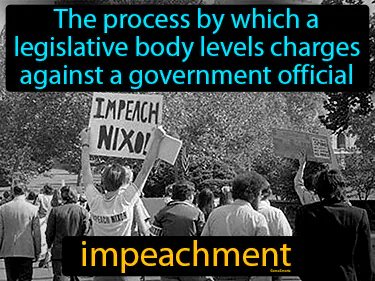
The process by which a legislative body levels charges against a government official is called impeachment. In history, impeachment is a way to hold government officials accountable for wrongdoing.
Indira Gandhi
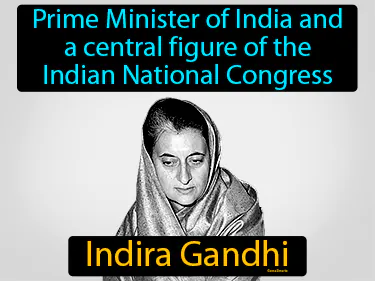
Prime Minister of India and a central figure of the Indian National Congress. Indira Gandhi. She was the first and only female Prime Minister of India, serving from 1966 to 1977 and again from 1980 until her assassination in 1984.
intifada
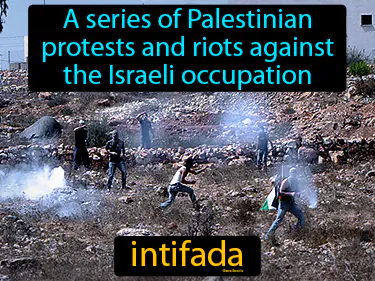
A series of Palestinian protests and riots against the Israeli occupation. Intifada. It is a historical period of uprising by Palestinians against Israeli control.
Jawaharlal Nehru
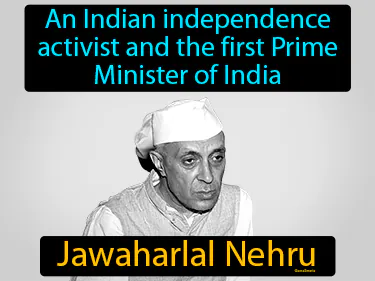
An Indian independence activist and the first Prime Minister of India. Jawaharlal Nehru. He was a key leader in India's fight for independence and helped shape the newly independent nation.
Jomo Kenyatta
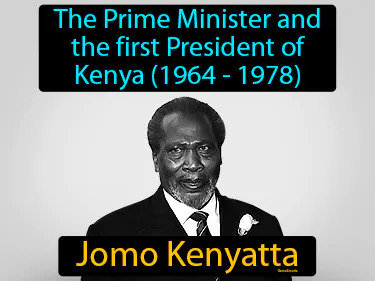
The Prime Minister and the first President of Kenya 1964 - 1978, Jomo Kenyatta. Jomo Kenyatta was a key leader in Kenya's struggle for independence and became its first President after gaining independence from British colonial rule.
Kwame Nkrumah
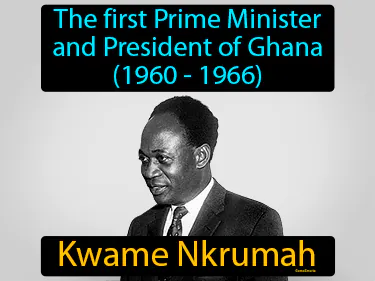
The first Prime Minister and President of Ghana 1960 - 1966. Kwame Nkrumah. Kwame Nkrumah was a leader who helped Ghana gain independence from British rule and became its first President.
Lee Kuan Yew
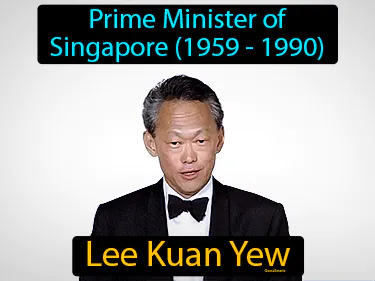
Prime Minister of Singapore 1959 - 1990. Lee Kuan Yew. He was the founding leader who transformed Singapore from a small port city into a prosperous global hub.
martial law
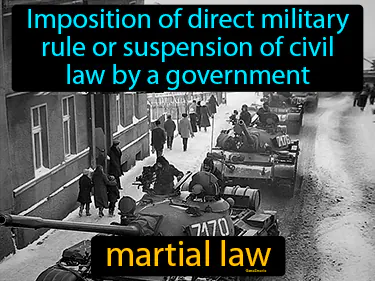
Imposition of direct military rule or suspension of civil law by a government. Martial law. Historically, martial law is when the military takes over control from civilian authorities, usually during emergencies.
Megawati Sukarnoputri
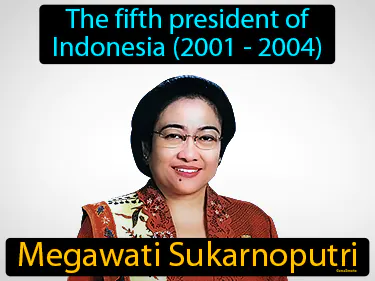
The fifth president of Indonesia 2001 - 2004, Megawati Sukarnoputri. Megawati Sukarnoputri was Indonesia's first female president.
Menachem Begin
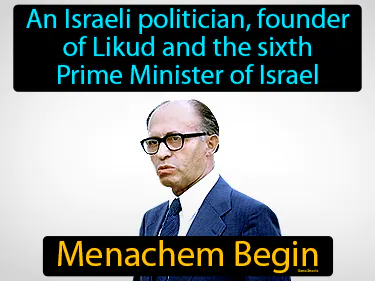
An Israeli politician, founder of Likud and the sixth Prime Minister of Israel, Menachem Begin. Menachem Begin was a key figure in signing the peace treaty with Egypt in 1979.
Mohandas Gandhi
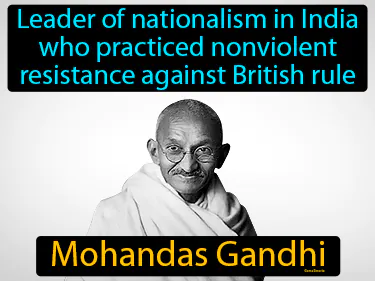
A leader of nationalism in India who practiced nonviolent resistance against British rule. Mohandas Gandhi. Mohandas Gandhi was an Indian leader who used peaceful protests to help India gain independence from British rule.
Muhammad Ali
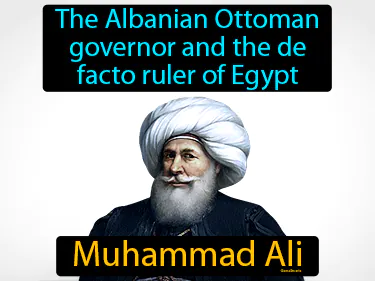
The founder of Pakistan and the leader of the All-India Muslim League, Muhammad Ali. Muhammad Ali Jinnah was a key figure in the creation of Pakistan in 1947.
National Liberation Front
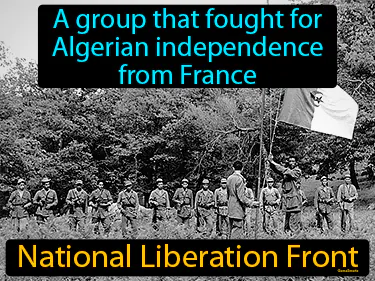
A group that fought for Algerian independence from France. National Liberation Front. The National Liberation Front was a revolutionary group that led the fight for Algeria's independence from French colonial rule.
Ne Win
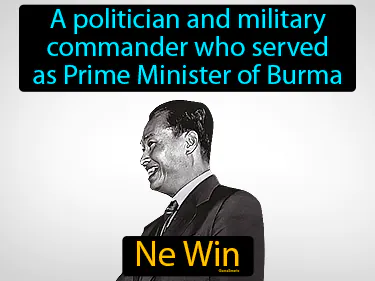
A politician and military commander who served as Prime Minister of Burma. Ne Win was a Burmese leader who led a military coup and ruled the country for decades.
outback
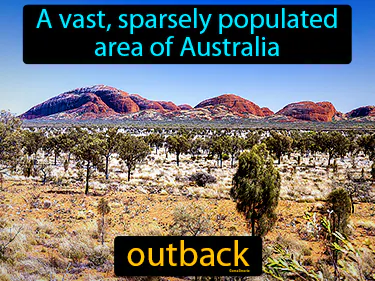
A vast, sparsely populated area of Australia. Outback. The outback is a remote and arid region of Australia, historically inhabited by indigenous peoples.
refugees
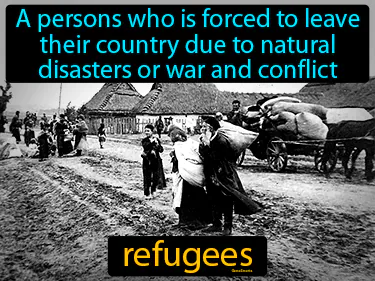
A person who is forced to leave their country due to natural disasters or war and conflict refugees. Refugees are individuals who flee their homeland to seek safety in another country, often due to wars or natural disasters.
Saddam Hussein
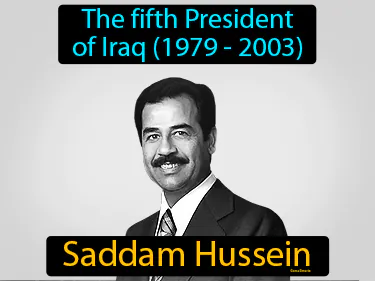
The fifth President of Iraq 1979 - 2003. Saddam Hussein. He was a dictator known for leading Iraq through conflicts, including the Iran-Iraq War and the Gulf War.
Suharto
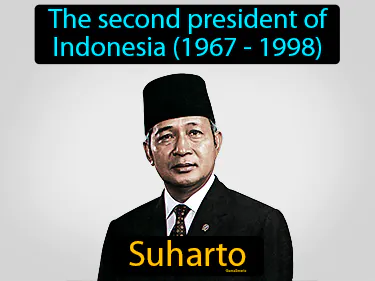
The second president of Indonesia 1967 - 1998. Suharto. Suharto was a military leader who ruled Indonesia for over three decades, known for his authoritarian regime and economic development policies.
Taliban
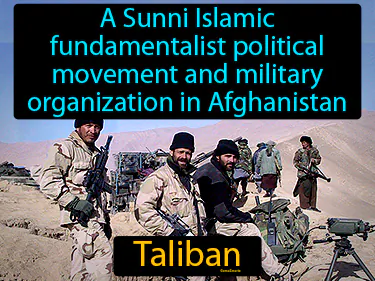
A Sunni Islamic fundamentalist political movement and military organization in Afghanistan. Taliban. In history, the Taliban emerged in the 1990s and have been known for their strict interpretation of Islamic law and significant political influence in Afghanistan.
terrorism
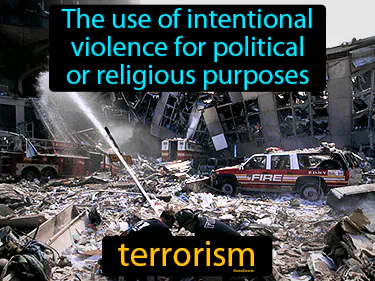
The use of intentional violence for political or religious purposes. Terrorism. Throughout history, terrorism has been used by groups to instill fear and achieve political goals.
trusteeship
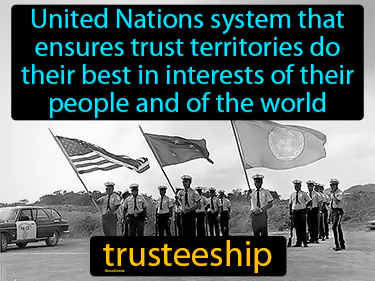
United Nations system that ensures trust territories do their best in interests of their people and of the world. Trusteeship. Trusteeship was a system used mainly after World War II where the UN oversaw territories transitioning to self-governance.
Yasser Arafat
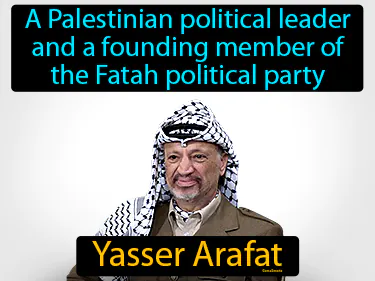
A Palestinian political leader and a founding member of the Fatah political party, Yasser Arafat. Yasser Arafat was a key figure in the Palestinian struggle for statehood and led the Palestine Liberation Organization for many years.
Yitzhak Rabin
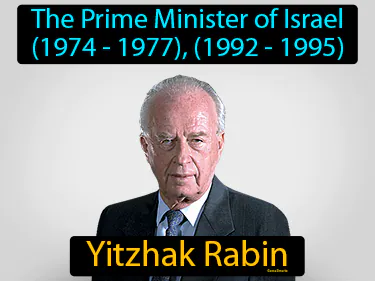
The Prime Minister of Israel 1974-1977, 1992-1995. Yitzhak Rabin. Yitzhak Rabin was a significant Israeli leader known for his efforts to achieve peace in the Middle East.
Zionism
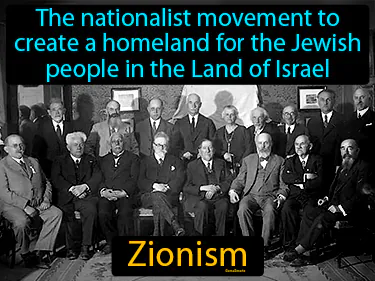
The nationalist movement to create a homeland for the Jewish people in the Land of Israel. Zionism. It is a movement that began in the late 19th century aiming to establish and support a Jewish national state in Palestine, historically known as the Land of Israel.